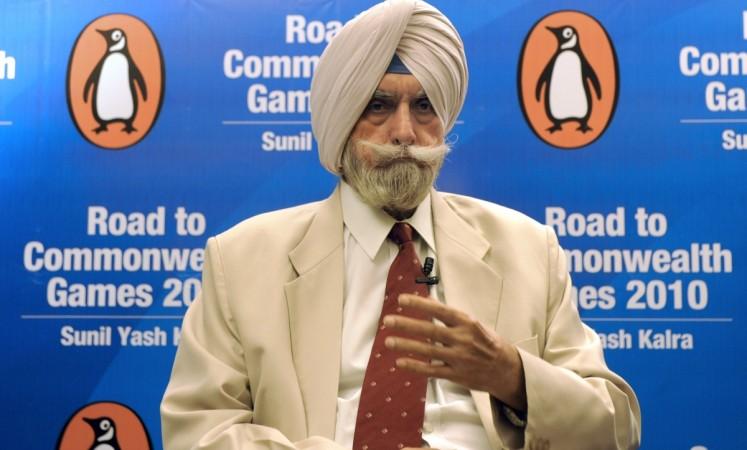
Kanwar Pal Singh Gill — better known by his initials KPS — has passed away at the age of 83 at Sir Ganga Ram Hospital in Delhi. He was suffering from end-stage kidney failure, said doctors attending to him.
The man responsible for bringing down insurgency in Punjab in the 1980s died of cardiac arrest brought about by cardiac arrhythmia, said the doctors. They added that he also had "significant" Ischaemic Heart Disease, and had been recovering from peritonitis.
Prime Minister Narendra Modi tweeted after coming to know of Gill's death: "KPS Gill will be remembered for his service to our nation in the fields of policing and security. [I am] pained by his demise. My condolences."
'Supercop' and his crackdowns
Punjab had been in the grips of bloody militancy when Gill had taken over as director general of police (DGP) of the state in 1984. It was his efforts that saw the controlling — if not the end — of one of the bloodiest chapters in the history of the state, which had possibly not seen such turmoil since the Partition that came with India's Independence since 1984.
His appointment had almost coincided with the assassination of then prime minister Indira Gandhi by her sikh bodyguards Beant Singh and Satwant Singh in 1984. That had resulted in massive anti-Sikh riots in northern India, cases pertaining to which are still being heard in Supreme Court today.

The Khalistan movement, which had received a jolt following the Indian Army raid of the Harmandir Sahib Gurudwara — alternately known as the Golden Temple — in Amritsar, had resurfaced with greater vigour after her death. It was this rising that Gill — who had joined the police force in 1958 — had managed to quell.
He was called a "supercop" as a result of his work from 1984 to 1990. With 1991 turning out to be even more violent as the insurgency peaked, he was chosen as the chief of Punjab Police, and given the aid of Indian Army. By 1993, reports said the masses no longer lived in fear of the insurgency.
Chequered record
However, amid all this, Gill also had a couple of blots on his record, the primary among them being claims that he and the Punjab Police under him denied basic human rights to many insurgents. Allegations by human rights activist and Akali Dal leader Jaswant Singh Khalra — that the Punjab Police under Gill had illegally linked many youngsters to the insurgency and killed and buried them were found partially true by the National Human Rights Commission.
Gill was also convicted of sexual assault because he "patted" the derriere of an IAS officer while in an inebriated state at a party.










